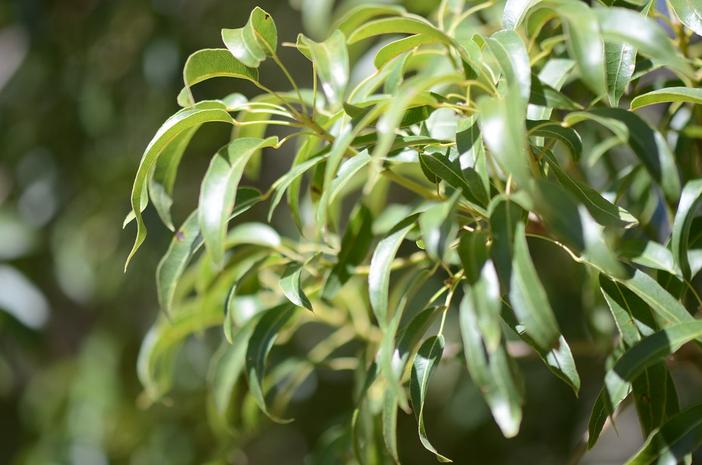Bottle Tree
(Brachychiton rupestris)
Bottle Tree (Brachychiton rupestris)
/
/

John Jennings
CC BY 2.0
Image By:
John Jennings
Recorded By:
Copyright:
CC BY 2.0
Copyright Notice:
Photo by: John Jennings | License Type: CC BY 2.0 | License URL: https://creativecommons.org/licenses/by/2.0/ | Uploader: JohnJennings995 | Publisher: Flickr































Estimated Native Range
Summary
Brachychiton rupestris, commonly known as the Bottle Tree or Queensland Bottle Tree, is a succulent tree native to the semi-arid regions of Queensland, Australia. It is deciduous, with a distinctive swollen trunk that serves as a water reservoir during drought conditions, reaching 10–20 meters (33–66 ft) in height, though plants in cultivation are usually shorter. The trunk’s girth is typically 1–3.5 meters (3.3–11.5 ft) in diameter at breast height, with dark grey bark characterized by shallow tessellation and deeper fissures. In its native habitat, the Bottle Tree is often found in open woodlands and on rocky outcrops where it can access deep groundwater.
The Bottle Tree’s foliage varies from narrow and elliptic to deeply divided leaves, which it may shed in response to drought, typically between September and December. Its panicles of creamy-yellow flowers with red markings are showy and appear from September to November, attracting pollinators. The tree is valued for its unique form, drought tolerance, and its ability to thrive in a variety of soil types. It is used in cultivation for ornamental purposes, as a feature in gardens and parks, and for its adaptability to urban environments. Bottle Trees grow best in well-drained, slightly acidic soil, in full sunshine, and are suited to USDA hardiness zones 9 to 12. While young trees grow slowly and may take years to develop their characteristic bottle shape, mature trees transplant easily and can survive extended periods between digging and replanting. However, trees grown from seed may take up to 20 years to flower, which occurs after adult leaves have developed. Potential problems include susceptibility to root rot in poorly drained soils and frost damage in cooler climates.CC BY-SA 4.0
The Bottle Tree’s foliage varies from narrow and elliptic to deeply divided leaves, which it may shed in response to drought, typically between September and December. Its panicles of creamy-yellow flowers with red markings are showy and appear from September to November, attracting pollinators. The tree is valued for its unique form, drought tolerance, and its ability to thrive in a variety of soil types. It is used in cultivation for ornamental purposes, as a feature in gardens and parks, and for its adaptability to urban environments. Bottle Trees grow best in well-drained, slightly acidic soil, in full sunshine, and are suited to USDA hardiness zones 9 to 12. While young trees grow slowly and may take years to develop their characteristic bottle shape, mature trees transplant easily and can survive extended periods between digging and replanting. However, trees grown from seed may take up to 20 years to flower, which occurs after adult leaves have developed. Potential problems include susceptibility to root rot in poorly drained soils and frost damage in cooler climates.CC BY-SA 4.0
Plant Description
- Plant Type: Tree
- Height: 10-40 feet
- Width: 6-25 feet
- Growth Rate: Slow
- Flower Color: Cream
- Flowering Season: Spring, Summer
- Leaf Retention: Evergreen
Growth Requirements
- Sun: Full Sun
- Water: Low, Medium
- Drainage: Fast, Medium, Slow
Common Uses
Bee Garden, Bird Garden, Butterfly Garden, Drought Tolerant, Hummingbird Garden, Low Maintenance, Street Planting
Natural Habitat
Semi-arid regions of Queensland, Australia, typically in open woodlands and on rocky outcrops
Other Names
Common Names: Narrow-Leaf Bottletree
Scientific Names: , Brachychiton rupestris, Sterculia rupestris, Brachychiton delabechei, Delabechea rupestris, Brachychiton rupestre, Clompanus rupestris, Oleobachia macrophylla, Oleobachia palustrie, Oleobachia palustris,
GBIF Accepted Name: Brachychiton rupestris (Lindl.) Schum.